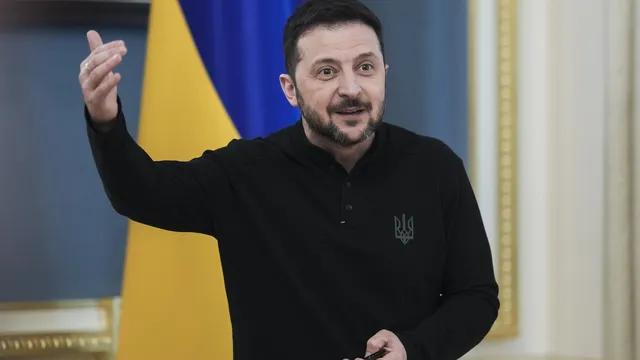The pro-Serbian campaign involves so-called "avatars" (fake profiles) and even websites created specifically to influence the internet.
A powerful online campaign to save the image of Serbian President Aleksandar Vucic has been conducted by a network of fake profiles on the social network X and mysterious websites linked to an Israeli company called Koios. It corresponds to a strategy drawn up by associates of Israeli Prime Minister Benjamin Netanyahu.
An investigation by the Israeli newspaper. "Haaretz reveals the nature of the narratives this firm has crafted to help change the discourse around Serbia. The pro-Serbian campaign involves so-called 'avatars' (fake profiles) and even websites created specifically to influence the internet. The accounts identified as part of the campaign have many common features: very often they are created on the same date. Most of them are followed by the same network of fake profiles, which disseminate content that consists of denials of fact and incessant boasting.
The leaked documents link Netanyahu's aides, as well as others, to the online campaign aimed at helping to soften criticism of both the Vucic regime and other client states - Qatar, for example. Around 20 "avatars", specialised news sites and blogs counter any publication that expresses criticism of the "client".
A few months ago, Haaretz revealed that Netanyahu's advisers, Yonatan Urich and Srulik Einhorn, had built a campaign to "whitewash" Qatar's image through their company Perception, which advises politicians around the world. Perception is teaming up with Koios. While the former crafts the messaging and formulates the strategy, the latter basically executes the plans, managing a network of avatars to spread specific narratives. Koios, founded by Ella Tkacz-Dreazen, Ori Segev and Brigadier General (ret.) Eli Ben-Meir, former head of research and analysis in the IDF Intelligence Corps, identifies itself on its website as a fraud prevention firm focused on online financial investigations.
The disclosures, then and now, are based on documents from 2022.
The documents, which are linked directly to Urich and Einhorn's emails, have been deleted in recent weeks - despite being available online for over 2 years. They also track changes made over time, and their redaction history shows how the campaign, called Project Beacon, was formulated. Interestingly, the original version of one of the documents contains details of the campaign to save the image of Aleksandar Vucic, whose consultant was Einhorn.
Besides influencing public opinion, companies like Koios know how to cover their tracks. Once their job is done, they start deleting content, X profiles and YouTube accounts.
There is clear evidence that the Vucic regime has been using the services of lobbyists in countries such as Austria and the US for years. Agreements have been disguised through a variety of contracts, including commercial ones.
For months, Vucic has been unable to calm the situation in Serbia, which has been overwhelmed by many thousands of protests, but his government has been paying millions of Serbs' taxes for lobbying in America. A U.S. Department of Justice records check shows that since 2019, the Serbian government has contracted with five lobbying companies worth more than $5.5 million. | BGNES
Netanyahu's associates polish the image of Aleksandar Vucic's regime for a fee

BGNES
The pro-Serbian campaign involves so-called "avatars" (fake profiles) and even websites created specifically to influence the internet.


 Breaking news
Breaking news
 Europe
Europe
 Bulgaria
Bulgaria





